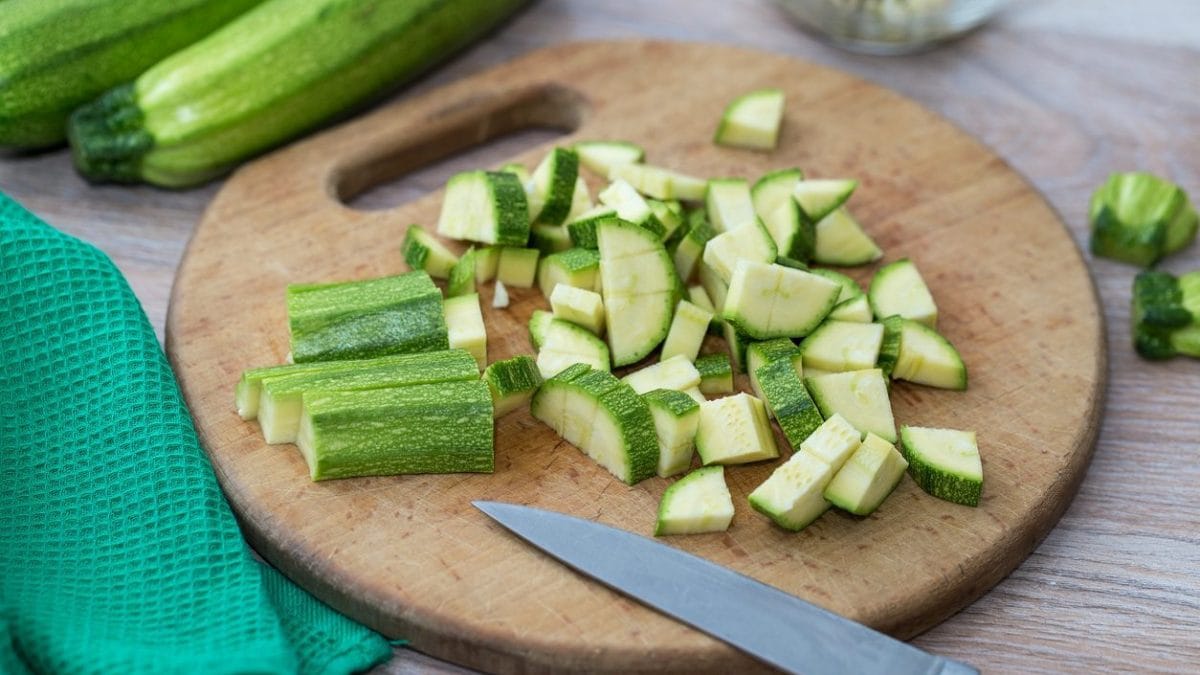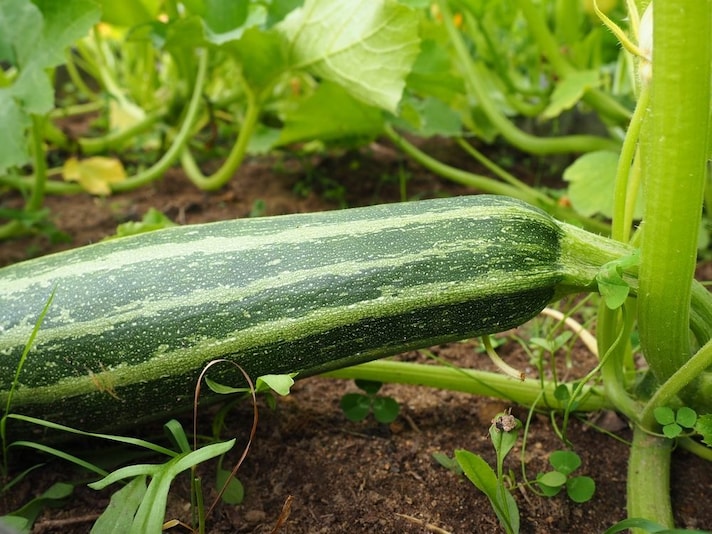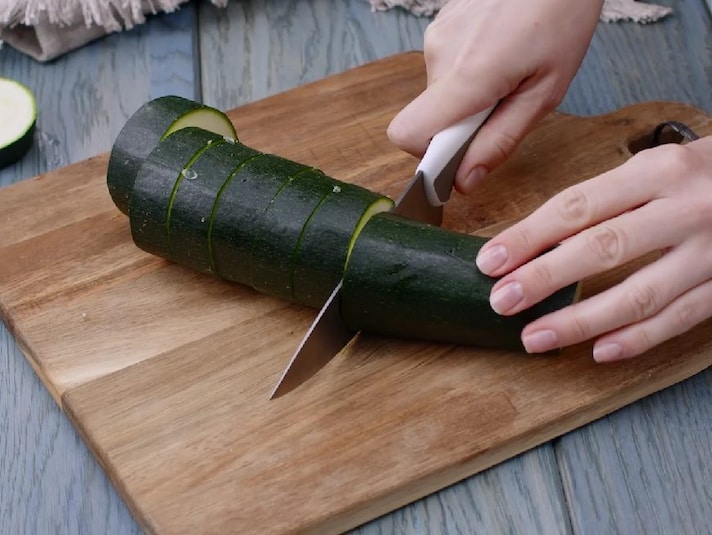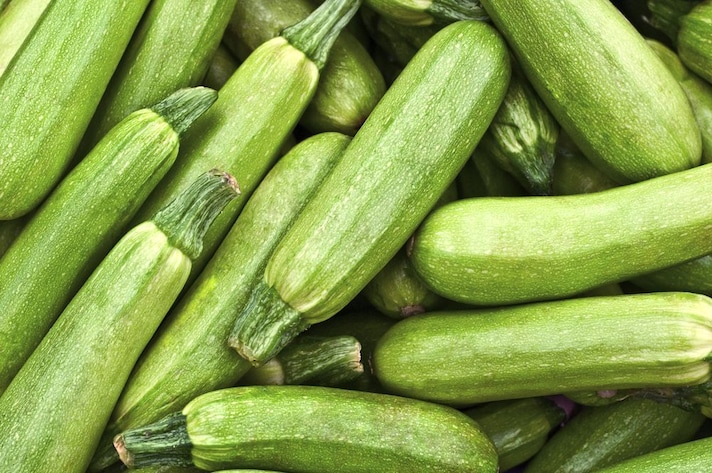
The summer months are the time for zucchini, a delicious and versatile vegetable that you can use in the most varied recipes, turning them into a side dish, a pasta sauce or an ingredient in omelettes. In addition to being particularly beneficial because they are almost entirely composed of water, very rich in mineral salts and with a high concentration of vitamin C, they are characterized by a pleasantly sweet taste. Sometimes, however, it can happen that the entire zucchini tastes bitter, not at all in line with the flavor that the vegetable should have. What happened, why did this bitterness develop, can zucchini be recovered or are they not edible? Let's look at the causes why zucchini become bitter, with some suggestions for choosing a good product and remedying, when possible, the unpleasant flavor of zucchini.
Why Zucchini Can Be Bitter
How is it possible that one of the most delicate, sweet and tasty ingredients among summer vegetables ends up having such a bitter, acidic and pungent taste? It is not related to the fact that the zucchini is not very ripe, but it is all a question of a particular substance called cucurbitacin. Sound familiar? It is the same substance that makes cucumbers bitter. It is a substance that the zucchini itself produces to defend itself from the attack of parasites or when it finds itself in stressful growing conditions, for example extreme climatic episodes such as excessive heat or strong hailstorms.

Sometimes the substance can also develop as a result of other factors, for example excessively clayey soil, altered water with which the plant is watered or inadequate storage. Contrary to popular belief, in fact, zucchini are particularly sensitive and delicate, they react immediately to these factors considered "dangerous" by showing off the substance that makes them bitter. Basically, cucurbitacin is not dangerous, but it can become harmful in high doses because it acts on our organism causing indigestion, cramps, nausea and vomiting.
Can You Remove the Bitter Taste From Zucchini?
There are remedies to save bitter zucchini, but remember that they are attempts to tone down this unpleasant taste: removing it completely is quite difficult, you can only try to reduce its intensity. Remember, however, that cucurbitacin in high quantities is harmful to your body, so if the zucchini is particularly bitter or emits a strong medicinal smell it is better to throw it away. If you want to try to recover it, one method is to cut the raw zucchini into thin slices, sprinkle them with coarse salt, put them in a colander and leave them like that for an hour, then wash them and proceed with cooking. Another system is to keep the zucchini in the refrigerator for a few days before using them or cut them into slices or cubes and leave them in iced water with the juice of half a lemon for at least an hour, or cook them in water and vegetable stock cube for a quarter of an hour before using them in other cooking methods.

How to Choose Zucchini so They Don't Taste Bitter
Removing the bitterness from zucchini is not easy and does not always bring the desired results, but there is another way you can defend yourself: learn to buy zucchini, choosing those that are sweet and tasty. In fact, there are several factors that allow you to identify a zucchini that could be bitter:
- Seasonality. Even though they are now available all year round, it would be better to buy zucchini when they are in season (spring and summer) because they are the ones that have grown following the course of nature and are at the peak of their properties, including taste.
- Length and youth. “Healthy” and unstressed zucchini, therefore probably devoid of cucurbitacin, must be young, recently harvested and not stored for too long. How to understand the age of the zucchini? Just look at the length: a young zucchini varies between 15 and 20 centimeters.
- Texture. When purchasing, pay attention to the skin and texture of the zucchini: the sweetest ones are those that appear shiny and firm, without bruises or spots on the skin, or any kind of cut in general.

;Resize,width=767;)
